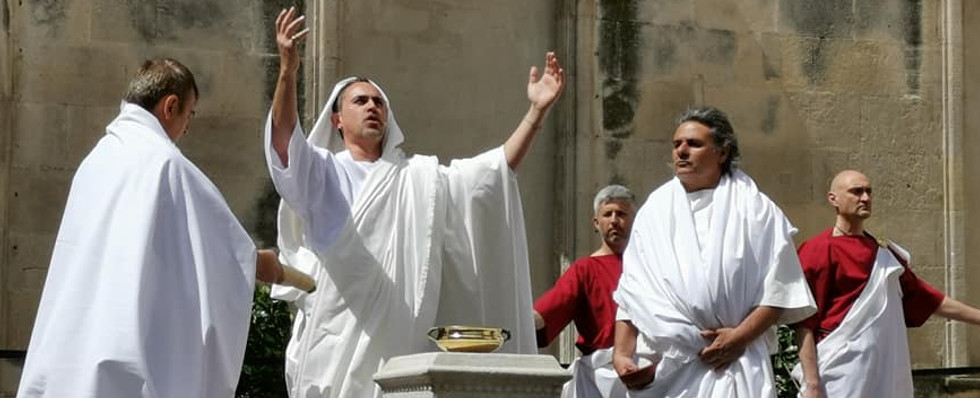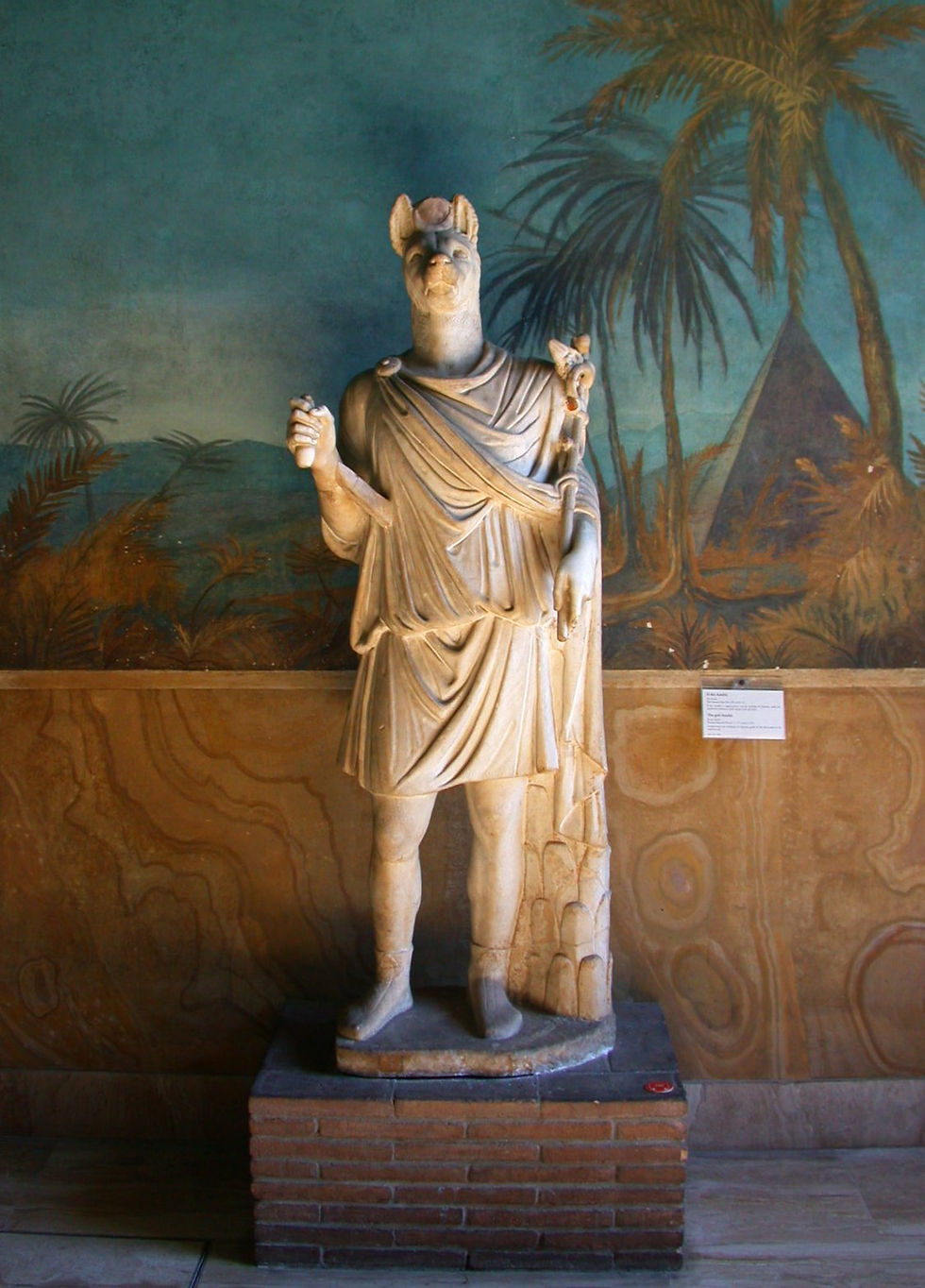Virgil and the divine ancestry of the Empire
- associationenarro
- Oct 21, 2025
- 2 min read
Following the bloody end of the civil wars, Octavian, who became the emperor Augustus, needed to transform his status from military victor into a legitimate and unquestionable ruler. To achieve this, he commissioned the poet Virgil to compose the Aeneid, a monumental epic that narrates the origin of the Romans and, above all, the divine legitimacy of the imperial dynasty.

Augustus as Pontifex Maximus. The emperor, with his head veiled by the toga, presented himself as the high priest, embodying the union of political and religious power that Aeneas and Venus conferred upon him - Photo Mark Cartwright (CC BY-NC-SA)
Aeneas, the son of Venus : a cosmic destiny
Virgil granted Rome prestigious origins by linking it to the Trojan heritage. The hero of the epic is Aeneas, a pious prince, son of the goddess of love, Venus (Venus).
Aeneas’ long and difficult journey toward Italia is presented not as a flight, but as the execution of a divine will. The narrative is dotted with prophecies (Vaticinium) that promise his descendants an "empire without end". By making Aeneas the recipient of this promise, Virgil anchored the founding of Rome in an eternal cosmic plan. The message was clear: Rome's greatness was not by chance, but the fulfillment of a divine promise.
Iulus and the Julio-Claudian ancestry
The central point of this ideological undertaking is Aeneas' son, Ascanius, often referred to as Iulus (Iulus).
By proclaiming itself a direct descendant of Iulus, the gens Iulia (the family of Julius Caesar and Augustus) claimed the noblest possible ancestry: a lineage tracing directly back to an Olympian goddess, Venus. The Aeneid thus became the founding charter of the new regime. It justified Augustus' power as the logical and necessary culmination of Roman history, transforming poetry into a powerful instrument of political propaganda.



Comments